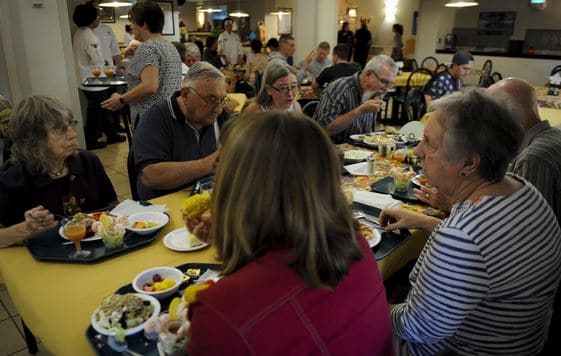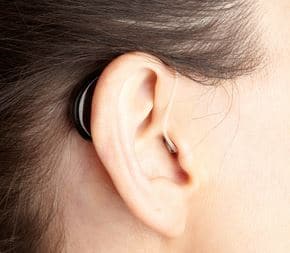May. 07, 2013
My Fair Lady: My favorite hearing aid story
Audiology is a wonderful profession! We get many opportunities to help people hear better, and, once in a while, we get to work miracles. My story today is about a miracle. To appreciate the beauty and depth of this story, it helps if you have seen My Fair Lady, the Lerner and Loewe Broadway musical that was made into an





